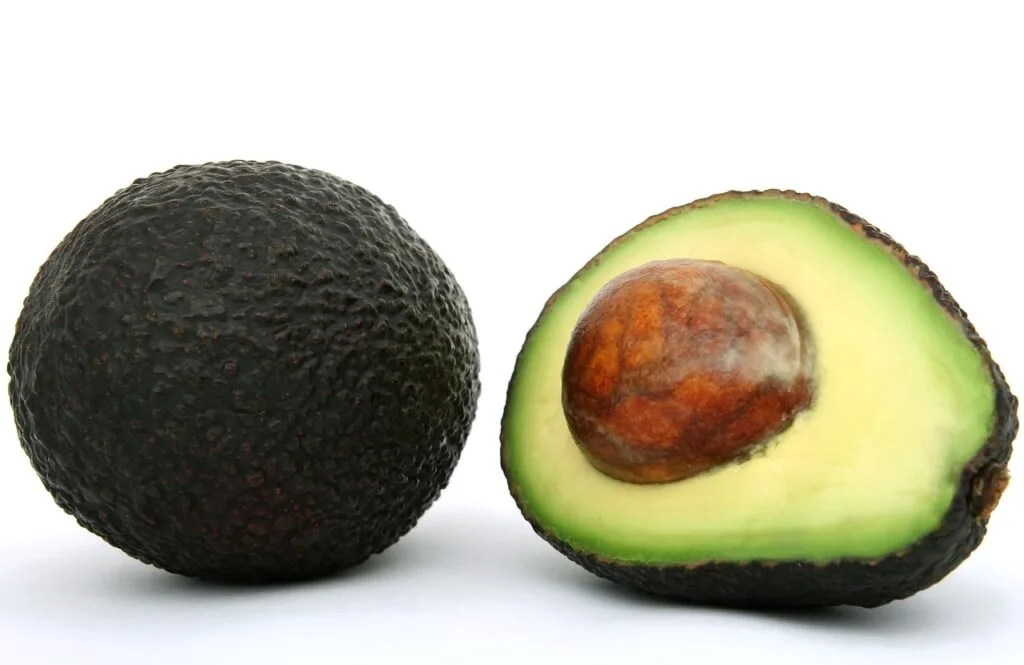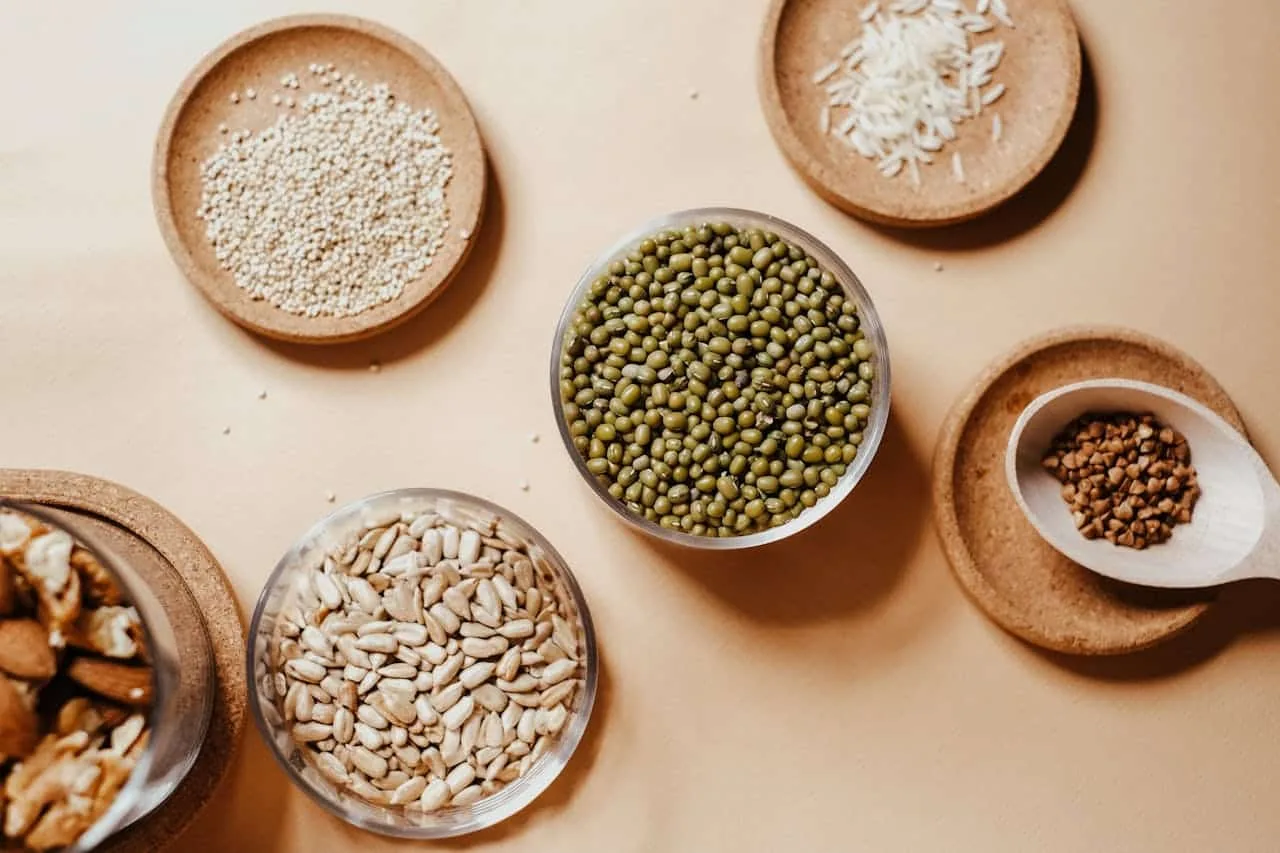What are Avocados?
Avocados are a unique and versatile fruit, often referred to as an alligator pear or butter fruit. They are known for their creamy, buttery texture and mild, nutty flavor.

| Nutrients | Values |
| Calories | 160 (per half) |
| Fat | 14g |
| Carbohydrates | 9g |
| Fiber | 7g |
| Protein | 2g |
| Vitamin K | 20% DV(Daily Value) |
| Folate | 15% DV |
| Vitamin C | 14% DV |
| Potassium | 16% DV |
| Vitamin E | 14% DV |
| Magnesium | 18% DV |
| Copper | 9% DV |
Nutritional Powerhouse
Avocados are renowned for their rich nutrient profile. Primarily composed of healthy fats, they also boast an impressive array of vitamins, minerals, and fiber.
Healthy Fats: Contrary to popular belief, avocados are an excellent source of monounsaturated fatty acids, particularly oleic acid. These fats contribute to heart health by reducing bad cholesterol levels and lowering inflammation.
Fiber: Avocados are high in fiber, both soluble and insoluble. Fiber aids digestion, promotes satiety, and helps regulate blood sugar levels.
Vitamins: Packed with vitamins C, E, K, and B6, avocados support immune function, skin health, blood clotting, and neurotransmitter function.
Minerals: Potassium, magnesium, and copper are essential minerals found in avocados. Potassium helps regulate blood pressure, magnesium supports muscle and nerve function, and copper aids in iron absorption.
Health Benefits of Avocados
The nutritional richness of avocados translates into a multitude of health benefits:
Heart Health
- Reduced Heart Disease Risk: Avocados’ monounsaturated fats help lower LDL (bad) cholesterol and increase HDL (good) cholesterol, reducing the risk of heart disease.
- Blood Pressure Regulation: The potassium content in avocados helps counteract the effects of sodium, promoting healthy blood pressure levels.
Weight Management
- Appetite Control: Avocados’ high fiber content contributes to a feeling of fullness, helping you eat less and manage weight effectively.
- Nutrient-Dense: Despite being higher in calories, avocados are packed with nutrients, making them a satisfying and nourishing choice for weight management.
Improved Digestion
- Fiber Boost: The fiber in avocados promotes regular bowel movements and prevents constipation.
- Gut Health: Avocados contain beneficial bacteria that support gut health and digestion.
Skin Health
- Antioxidant Protection: Vitamins C and E, along with other antioxidants, protect the skin from damage caused by free radicals.
- Hydration: Avocados’ high water content helps keep skin hydrated and supple.
Eye Health
- Lutein and Zeaxanthin: These carotenoids found in avocados protect the eyes from oxidative damage and reduce the risk of age-related macular degeneration.
Nutrient Absorption
- Fat-Soluble Vitamins: Avocados enhance the absorption of fat-soluble vitamins A, D, E, and K, maximizing their benefits.
Reduced Inflammation
- Anti-inflammatory Compounds: Avocados contain compounds with anti-inflammatory properties, which may help reduce inflammation throughout the body.
Brain Health
- Folate: This B vitamin is essential for brain health and may reduce the risk of neural tube defects.
- Antioxidant Protection: Avocados’ antioxidants protect brain cells from damage.
Choosing and Storing Avocados
To select ripe avocados, gently press the skin. It should yield slightly to gentle pressure. To ripen avocados, place them in a brown paper bag at room temperature. Once ripe, store them in the refrigerator to slow down the ripening process.
Cautions
While avocados offer numerous health benefits, it’s important to consume them in moderation due to their calorie content. Individuals with avocado allergies should avoid them.
SUMMARY
Avocados are a nutritional powerhouse that deserves a prominent place in your diet. Their rich nutrient profile offers a wide range of health benefits, from heart health and weight management to improved digestion and skin health. By incorporating avocados into your meals, you can enjoy their delicious taste while nourishing your body.
Follow Us on Instagram






